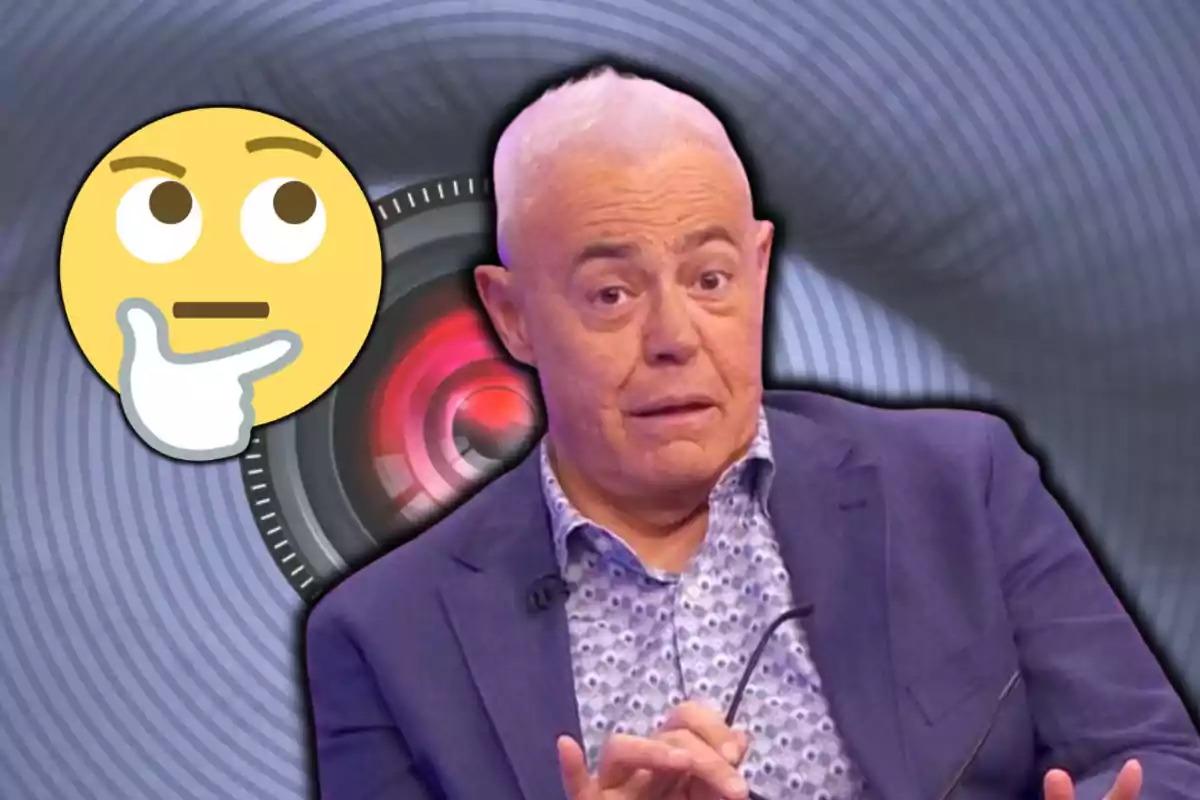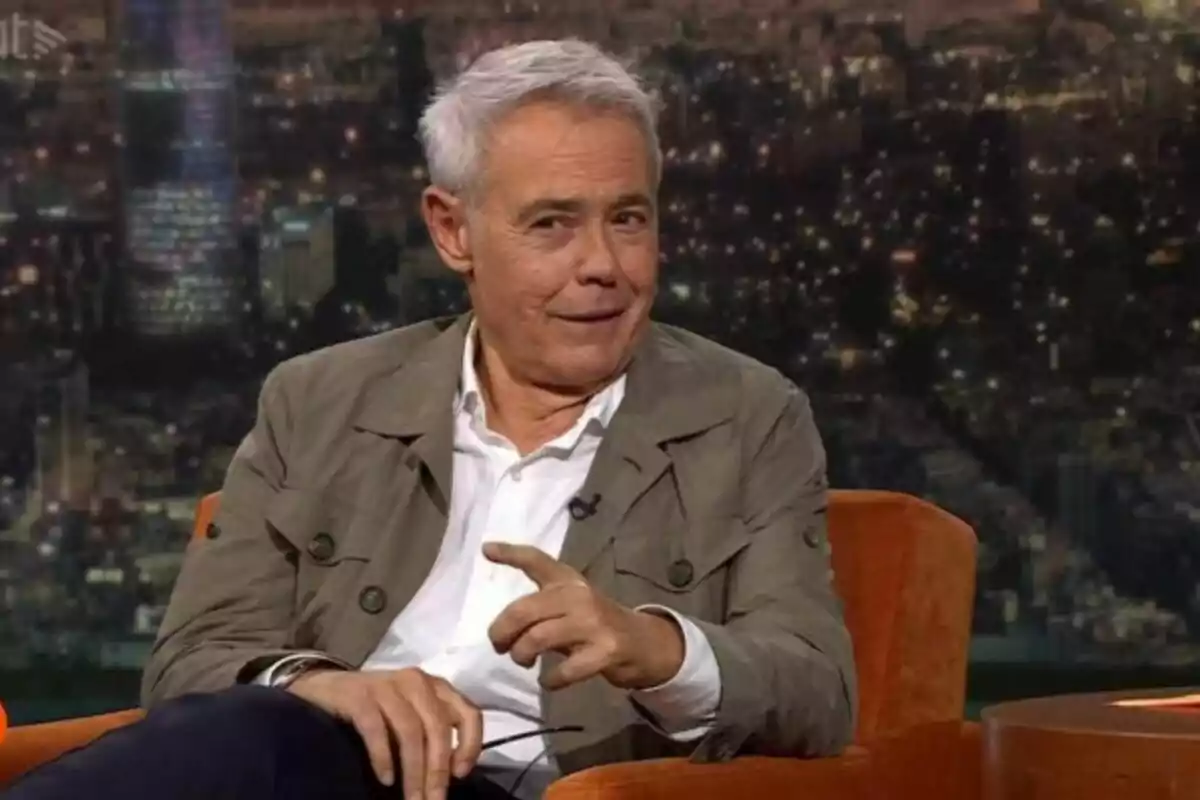Jordi González, after experiencing a year marked by illness, has returned to the scene and revisited an episode from the past that many were unaware of. During his recovery, the host has taken the opportunity to reflect on his career, especially his time at TV3 in 1996.
However, one statement has sparked controversy: he revealed that two colleagues "had a hard time" because of their level of Catalan. Although he didn't give names at first, the mystery has served as a hook to attract attention and arouse media curiosity.
1996: almost 30 years ago
In a recent interview on TV3, González stated that the network's linguistic standards were very demanding. He commented that he chose three female collaborators to do a segment in Catalan; of them, two – according to him – weren't at the desired level and "made others suffer."

It is now known that he was referring to Mayka Navarro and Chelo García Cortés. Pilar Eyre did it acceptably and met the requirements. Years later, Mayka Navarro has an acceptable level of Catalan, Chelo still speaks in Spanish, just like Pilar Eyre, who says she feels more comfortable.
who are the journalists mentioned
Mayka Navarro, born in Catalunya, is a journalist with a career at TV3 and Catalunya Ràdio. Although her level is "acceptable," her first steps in Catalan were difficult. Chelo García Cortés, Catalan by adoption with more than 40 years living in this country, continued collaborating at TVE-Catalunya but always in Spanish.
jordi gonzález explains it
This kind of revelation usually appears during moments of media comeback. Jordi González has taken advantage of his reappearance after the serious infection that led him to a coma, to regain his voice in the public sphere. He has shared how he spent "three weeks in a coma," with five tubes, a tracheotomy, and bilateral pneumonia.

importance of linguistic quality at TV3
This linguistic disagreement serves as a wake-up call about the demands of Catalan public television in the early 90s. Beyond the controversial tone, it invites people to value the effort to adapt to the language in a professional environment.
Jordi González, at a sensitive moment after such a tough recovery, has decided to share experiences that many had forgotten. His testimony adds a layer of humanity to the intense journey of a career marked by triumphs, difficulties, and a surprising sincerity.
The anecdote from Jordi González about the Catalan demanded at TV3 reopens a debate about the minimum standards of linguistic quality that should exist at a public television station.

